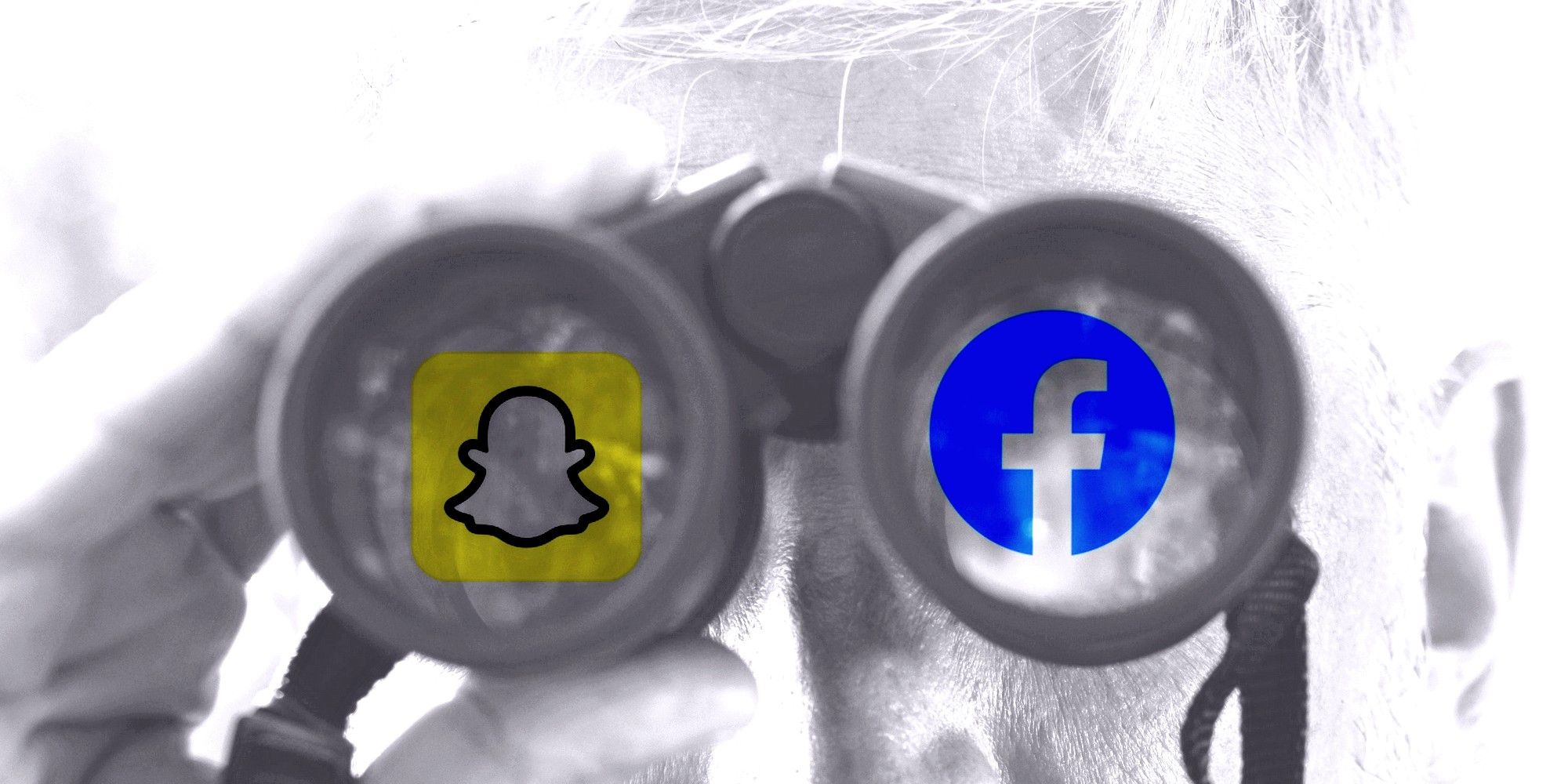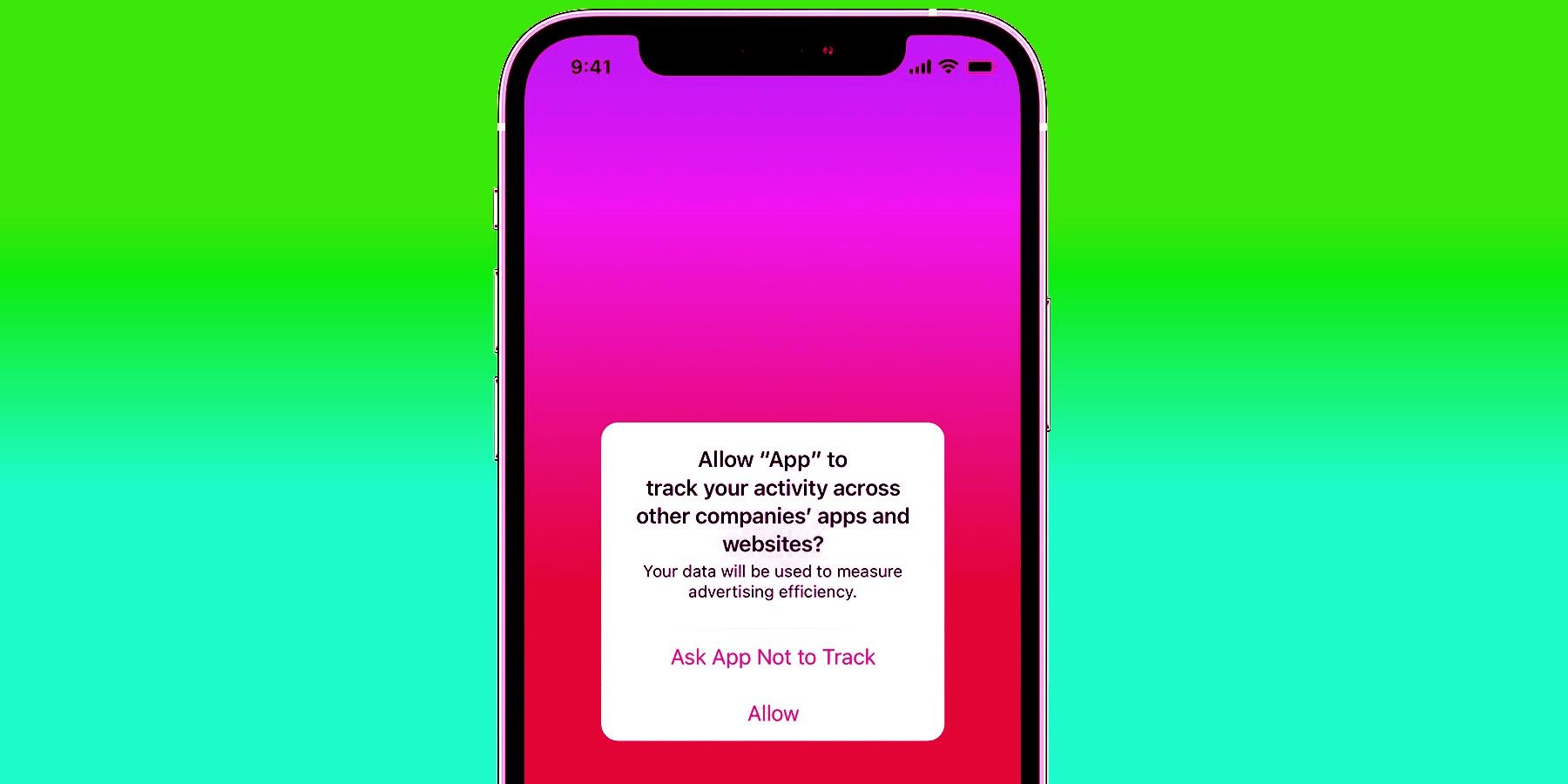Apple made tall claims about user privacy commitment with the debut of its anti-tracking system, but the company has now mellowed out and is reportedly allowing apps like Snapchat and Facebook to collect some user data even if they tell an app “not to track” them. The anti-tracking tool in question is the App Tracking Transparency (ATT) framework that arrived with iOS 14.5. The idea is simple: Every app needs explicit permission from users to track them across other apps and websites.
If users deny the tracking request, the app won’t collect activity or behavioral data. And without collecting that precious data, these apps can’t show them targeted ads, which are often eerily personal. iPhone users loved it, and as per initial surveys, a majority of users opted out of being tracked. For the quartet of YouTube, Snap, Twitter, and Facebook, Apple’s anti-tracking tool meant $10 billion in lost ad revenue. Well, it appears that Apple is walking back some of its hardline pro-privacy promises.
As per a Financial Times report, companies like Facebook and Snap have been allowed to collect some user data even if they deny the tracking request. To recall, iPhone users now see a prompt asking them if an app can track their activity. And even though the system hasn’t really fared well in tests, the impact it made was huge. The core idea is to prevent apps from collecting personally identifiable user data for ad targeting. But it appears that Apple has finally budged to the demands of its biggest data-loving clients, eventually making some key concessions to the anti-tracking rules. Apple is reportedly letting some apps collect user data, as long as the data is not tied individually to users and has been anonymized.
Apple Is Plunging Itself Down A Predictably Bad Path
This aggregated data is still quite useful, as it allows businesses to see how an ad is performing by studying the user engagement on a larger scale. Earlier, they could monitor how each user is reacting and interacting with ad campaigns, and accordingly let them tailor personalized ads. “ This means they can observe “signals” from an iPhone at a group level, enabling ads that can still be tailored to “cohorts” aligning with certain behavior but not associated with unique IDs,” explains the report. The report adds that the likes of Snapchat and Facebook are now modeling their ad business in such as way that it can work using aggregated and anonymized data. For Apple, the move doesn’t paint a good picture, after all the promises it made with its claims and a scathing pro-privacy advertisement.
Apple had initially promised to completely seal away the doors for data collection with the implementation of anti-tracking. But selectively allowing third parties to collect anonymized mass data challenges the fundamental promise of anti-tracking technology. Worryingly, Apple is trusting these third parties to handle whatever data they collect in a responsible fashion. And if history is any indication, Apple’s faith is misplaced, especially with the kind of stakeholders involved. Facebook made the same mistake not too long ago, and it eventually exploded in its face with the Cambridge Analytica scandal. Facebook was let go after a small fine and some bad press, but ultimately, it was users who paid the price of getting their private information harvested and abused. And for a company that has built a whole ecosystem around safety and privacy, Apple has more to lose than Facebook.
Source: Financial Times


